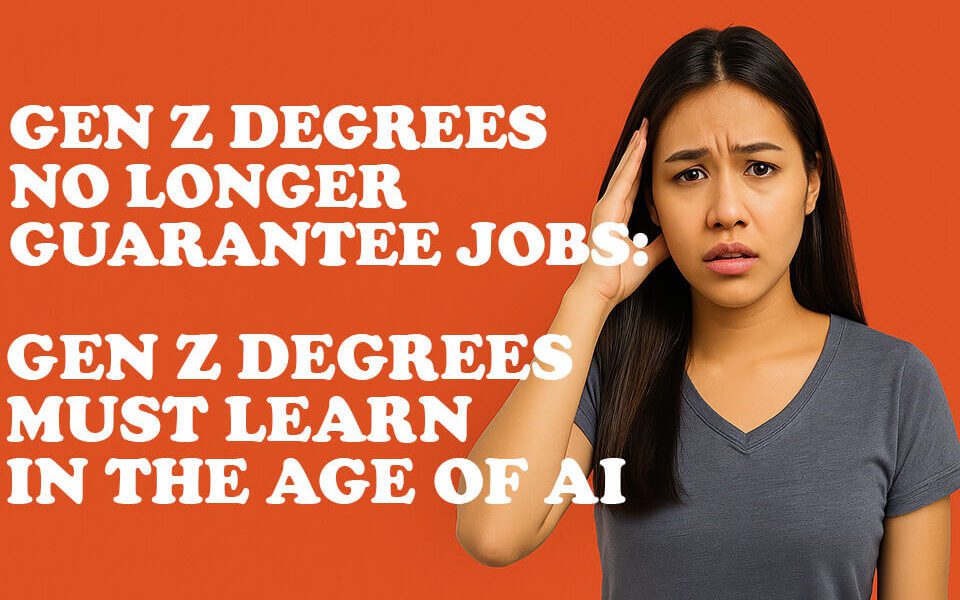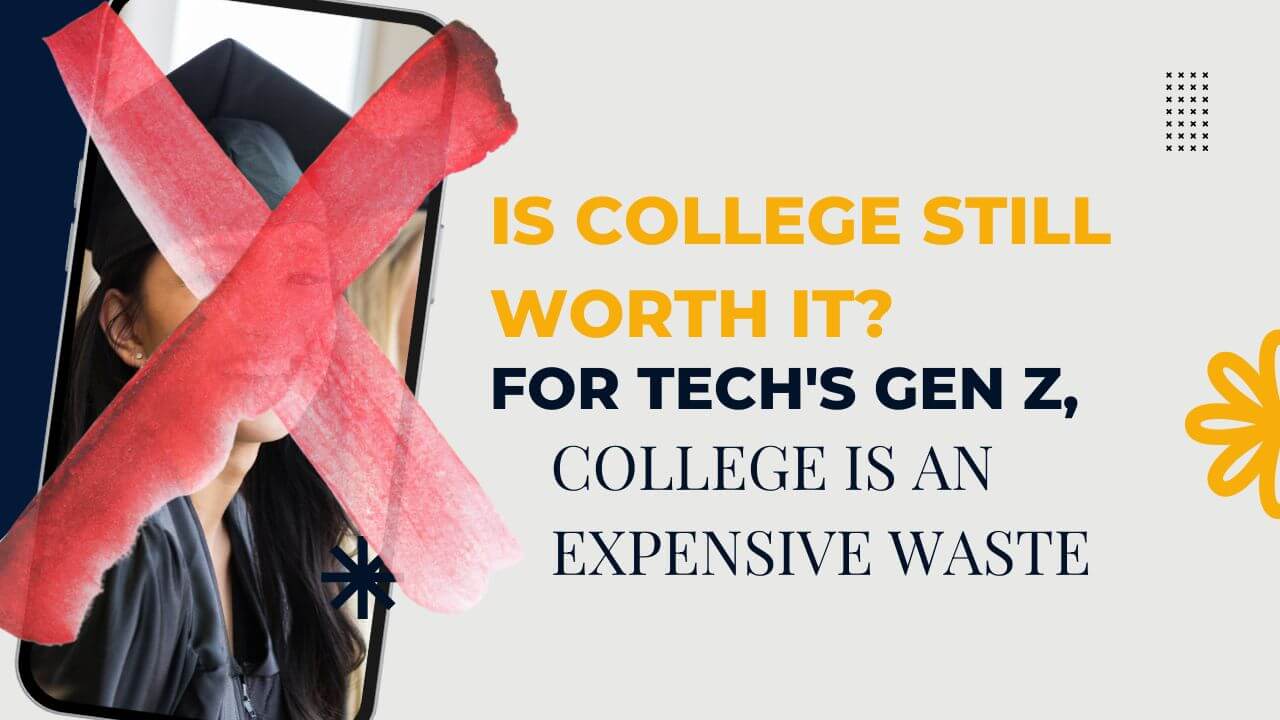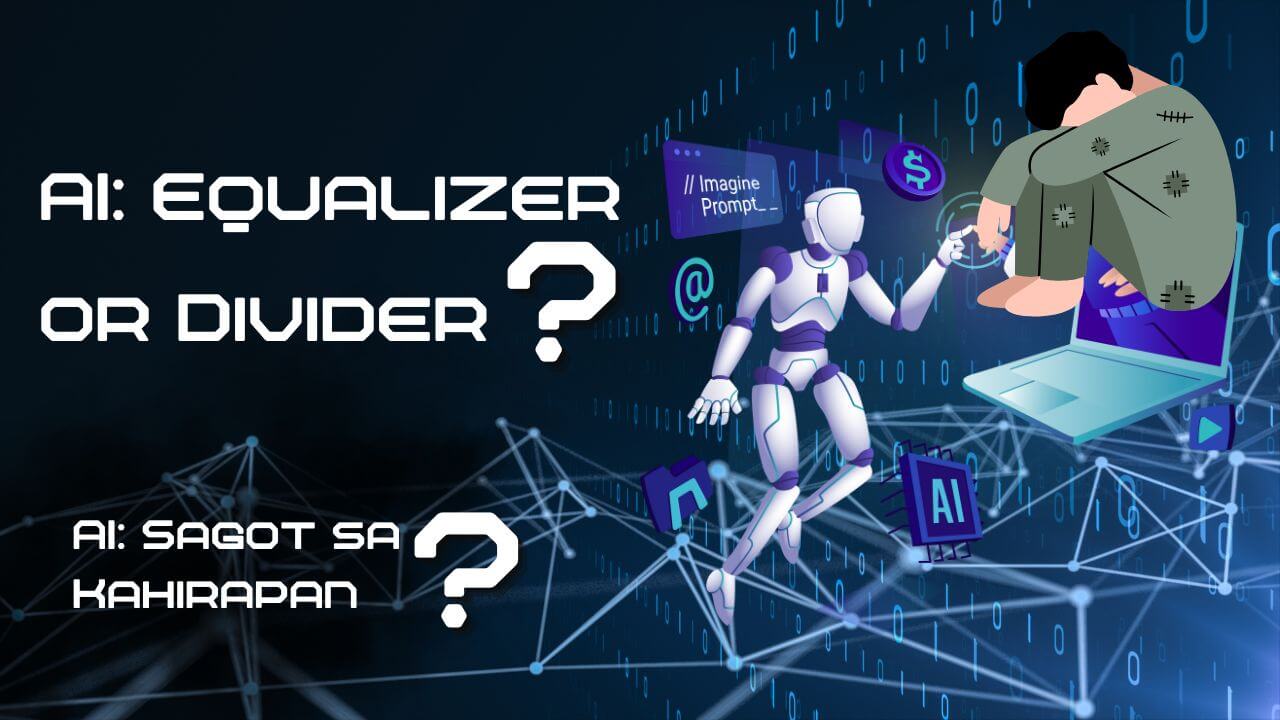For decades, Filipinos have carried a powerful belief: go to college, earn a diploma, and success will follow. Families sacrifice, parents work abroad, and students push through sleepless nights—all in the hope that a degree will open doors. But what if that promise is starting to break down?
Recent research from the U.S. has shaken this narrative. It found that Gen Z men with college degrees now face the same unemployment rate as high school dropouts. In other words, the job advantage of having a diploma is fading fast. (source: Fortune)
And while that study reflects the American workforce, the implications hit close to home. In the Philippines, where education is often seen as the only ticket out of poverty, this global shift should make us pause and rethink.
College ≠ Automatic Success
We’ve already explored this tension in earlier discussions here on aiwhylive.com. In Is College Still Worth It? What Gen Z Tech Founders and Filipino Learners Are Starting to Believe, we highlighted how younger Filipinos are questioning whether four years in school is worth the rising costs—especially when tech startups and online work can sometimes reward skills over diplomas.
Similarly, in College Diploma vs. Skills in the Age of AI: What Matters Most in the Philippines, we discussed how employers are now prioritizing adaptability, digital literacy, and problem-solving over formal credentials. That reality only grows sharper as AI and automation rewrite job markets.
The Filipino Reality
Here at home, the story feels painfully familiar:
- Thousands of nursing graduates can’t find hospital placements.
- Call centers hire based on communication skills, not diplomas.
- Online freelancers often out-earn college graduates.
This doesn’t mean education is worthless. Degrees can still open certain doors and signal discipline. But the illusion of a guaranteed edge is disappearing—both globally and locally.
Why This Is Happening
- AI and automation are reshaping industries faster than schools can update their curriculums.
- Oversupply of graduates in popular courses (like nursing, IT, and business admin) leads to stiff competition.
- New career paths—like freelancing, startups, and creator economies—don’t require traditional degrees.
The result? A diploma has become less of a golden key and more of a single tool in a much bigger toolbox.
What Filipinos Can Do
Instead of clinging to old formulas, here’s how we can adapt:
- Prioritize skills over credentials. Learn AI tools, coding, digital marketing, or design—whatever makes you adaptable.
- Invest in continuous learning. Free and low-cost courses online can often do more for your career than an expensive four-year program.
- Think globally, act locally. Remote jobs and freelancing give Filipinos a chance to compete in international markets, even without prestigious degrees.
- Redefine success. Stability and growth don’t always mean a corporate job. Entrepreneurship and non-traditional careers are now valid and thriving paths.
The Filipino Takeaway
College degrees are no longer the guaranteed advantage they once were. For Gen Z—and for the generations that will follow—success will belong to those who are consistent, adaptable, and willing to reinvent themselves in the age of AI.
The challenge for Filipinos isn’t to abandon education, but to expand our definition of it. Because at the end of the day, it’s not the diploma itself that matters most—it’s what you can actually do.







